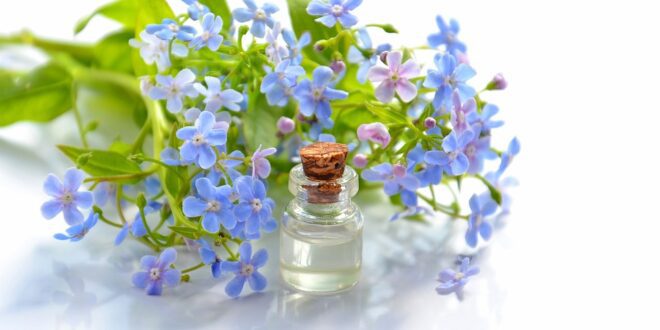5 Alternative Medicine Techniques Practiced in the Ancient World
Alternative medicine is not a new phenomenon but has been practiced for centuries in many cultures around the world. These ancient practices stood the test of time and continue to provide relief to many people to this day. Here are five ancient ways to practice alternative medicine:
Ayurveda
Ayurveda, meaning “the science of life,” originated in India thousands of years ago. It focuses on creating balance between the mind, body, and spirit. Ayurveda practitioners use a variety of techniques such as yoga, meditation, massage, and herbal remedies to promote good health.
Traditional Chinese Medicine
Traditional Chinese Medicine originated more than 2,500 years ago and is based on the idea that the body’s vital energy, or Qi, flows through channels called meridians. Acupuncture, herbal medicine, tai chi, and tui na are some of the techniques used by practitioners to restore balance to the body.
Homeopathy
Homeopathy is a holistic approach to medicine that was developed in Germany in the late 18th century. It is based on the principle “like cures like,” meaning a substance that causes symptoms in a healthy person will cure similar symptoms in someone who is ill. Homeopathy uses highly diluted remedies made from plants, minerals, or animals to stimulate the body’s natural healing processes.
Naturopathy
Naturopathy focuses on using natural remedies and lifestyle changes to promote good health. It originated in the 19th century and is based on the idea that the body has an innate ability to heal itself. Naturopathic doctors use a variety of techniques such as nutritional counseling, herbal medicine, and hydrotherapy to help patients achieve optimal health.
Unani Medicine
Unani Medicine originated in ancient Greece and was later adapted by Arab and Persian physicians in the medieval era. It is based on the principles of holistic healthcare and uses a combination of herbs, diet, exercise, and massage to restore balance to the body. Unani Medicine also emphasizes the importance of the physician-patient relationship and encourages patients to be active participants in their healthcare.
Conclusion
The ancient techniques of Ayurveda, Traditional Chinese Medicine, Homeopathy, Naturopathy, and Unani Medicine have stood the test of time and continue to provide relief to many people today. They offer a holistic approach to healthcare and focus on promoting balance between the mind, body, and spirit. While alternative medicine is not a substitute for modern medicine, it can be used to complement and enhance one’s overall health and wellbeing.
 Mind Uncharted Explore. Discover. Learn.
Mind Uncharted Explore. Discover. Learn.
